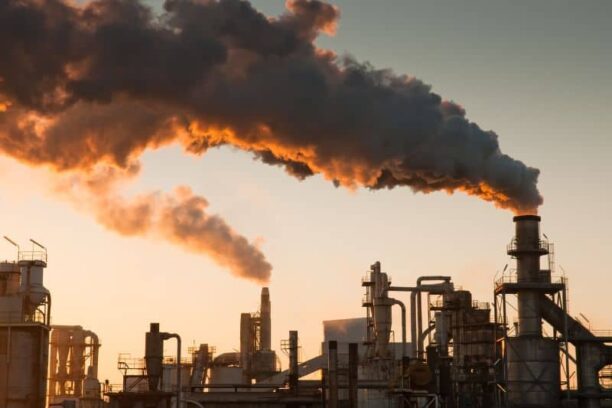How Propane Can Cut Urban Air Pollution

Urban air pollution is a serious problem that affects millions of people worldwide. With increasing traffic, industrial activities, and energy demands, cities face significant challenges in maintaining clean air. Propane, a clean-burning and versatile fuel, is emerging as a promising solution to help reduce urban air pollution. Here’s how propane contributes to cleaner air in our cities and serves to promote a healthier environment.
Cleaner Transportation
One of the major contributors to urban air pollution is vehicle emissions. Cars, buses, and trucks running on gasoline and diesel produce significant amounts of nitrogen oxides (NOx), carbon monoxide (CO), and particulate matter. Propane, used as an alternative fuel for vehicles, produces fewer harmful emissions. It burns cleaner than gasoline and diesel, resulting in less smog and fewer air toxins. By switching to propane-powered vehicles, city populations can significantly reduce their transportation-related air pollution.
Efficient Heating Solutions
In urban areas, heating is another significant source of air pollution. Traditional heating methods, such as coal-fired systems, release high levels of pollutants into the air. Propane heating systems offer a cleaner alternative, producing fewer emissions and improving both indoor and outdoor air quality. Propane heaters and furnaces are efficient and emit significantly less carbon dioxide (CO2) compared to traditional heating sources. This switch to propane can greatly improve air quality, especially during colder months when heating demand is high.
Cleaner Cooking Fuels
Urban areas often rely on electricity or biomass for cooking, both of which can contribute to air pollution. Propane is a cleaner and more efficient cooking fuel that produces fewer indoor and outdoor pollutants. It burns with high efficiency and minimal smoke, which helps reduce the levels of harmful pollutants in the air. By encouraging the use of propane for cooking, urban residents can cut down on emissions and promote a healthier environment.
Industrial Applications
Industries located in or near urban centers are major sources of air pollution. Many industries use fuels that emit high levels of pollutants. Propane offers a cleaner alternative for industrial processes, from powering equipment to generating heat and steam. Its low emission profile makes it an ideal choice for industries aiming to reduce their environmental impact and comply with stricter air quality regulations. Transitioning to propane can help industries minimize their carbon footprint and contribute to cleaner urban air.
Power Generation
Urban areas often rely on power plants that burn fossil fuels, leading to significant air pollution. Propane can be used as a cleaner fuel for power generation, either as a primary source or as a backup during peak demand times. Propane generators produce fewer emissions compared to coal or diesel generators, helping to reduce the overall pollution levels in cities. By integrating propane into urban power systems, cities can achieve cleaner and more sustainable energy solutions.
Propane – A Sustainable Urban Ally
Propane plays a crucial role in reducing urban air pollution through its use in transportation, heating, cooking, industrial applications, and power generation. By adopting propane as a cleaner energy source, cities can effectively lower their pollution levels, improve air quality, and create a healthier environment for their residents.













